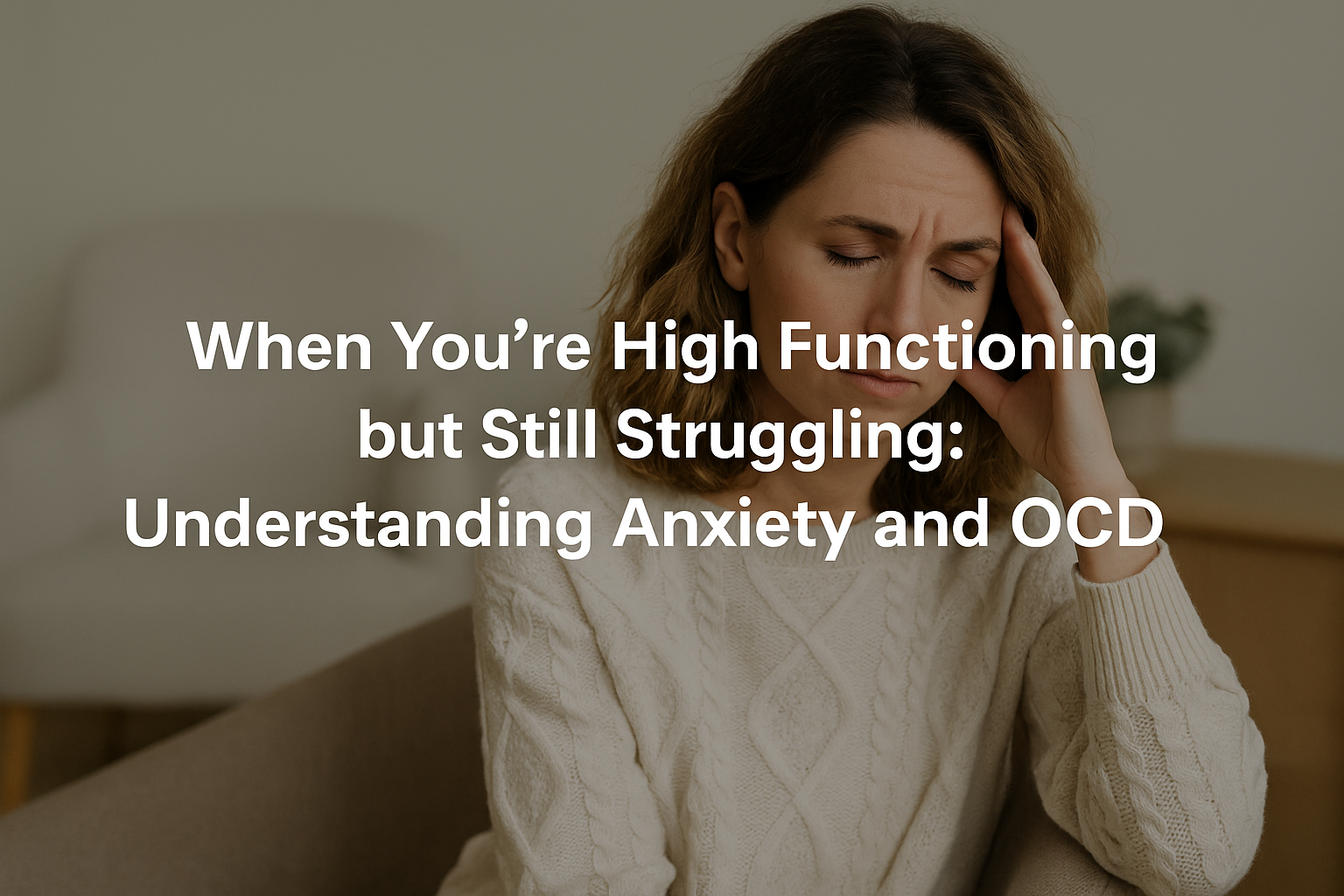Incentivizing Positivity: A New Paradigm in Mental Health Care

Mental health is a foundation for a fulfilling and productive life, yet our current mental health system often falls short of delivering the outcomes people deserve. The traditional approach is largely reactive, focusing on illness management instead of promoting prevention and positive mental health. This has led to a system burdened by high healthcare costs, limited resources, and significant barriers to access.
But what if we flipped the script? What if the focus shifted to supporting wellness and rewarding positive outcomes? A mental health system incentivizing positive outcomes could not only improve public well-being but also lay the groundwork for a more resilient and thriving society.
Here's a closer look at how this revolutionary approach could work, the benefits it offers, and the challenges that lie ahead.
The Current System's Shortcomings
While advances in mental health care have helped countless individuals, the existing system faces critical challenges that hinder its effectiveness.
- Overemphasis on Illness Management
Most resources are directed toward treating mental health conditions after they've developed, leaving little room for prevention and early intervention.
- Financial Misalignment
Mental health professionals and organizations are often incentivized to focus on treatment, not preventative care or sustainable recovery.
- Limited Community Support
Funding for programs that promote mental well-being, such as counseling and community workshops, is scarce.
- Stigma and Barriers to Access
Many people only seek mental health support after reaching a crisis point, often due to stigma or lack of awareness about early intervention services.
- Fragmented Services
The disjointed nature of mental health services means fewer individuals receive comprehensive, coordinated care.
This setup not only strains the finances of individuals and healthcare systems but also neglects the potential public health benefits of proactive mental health promotion.
How a Positive Outcome-Based System Works
Imagine a mental health system that rewards professionals and institutions based on positive outcomes rather than the number of patients they treat.
Here’s how such a paradigm shift could work:
1. Preventative Care and Early Intervention
By focusing on preventing mental health issues before they escalate, the system could reduce the need for intensive treatments later. Programs that teach emotional resilience in schools, workplaces, and communities would take center stage.
2. Outcome-Driven Metrics
Rather than using volume-based metrics (e.g., the number of therapy sessions provided), the system would emphasize improvements in key measures like patient well-being, life satisfaction, and functional outcomes.
3. Empowered Collaboration
Healthcare providers, policy makers, and community organizations would work together to develop scalable strategies for promoting wellness and tracking outcomes.
4. Financial Incentives for Wellness
Mental health professionals and institutions could be financially rewarded for achieving measurable improvements in their clients’ mental health (e.g., decreased symptoms of anxiety or depression).
5. Data-Driven Insights
Modern data analytics and AI could help define and measure positive outcomes, ensuring that interventions are tailored and effective.
This approach not only makes prevention and early intervention a priority but also reshapes care as a collaborative, forward-thinking process.
Benefits of a Positive Outcome-Based Model
Shifting the mental health paradigm could result in profound benefits for individuals, organizations, and society as a whole.
1. Improved Public Mental Health
By emphasizing prevention and wellness, more people can achieve lasting mental well-being, reducing the prevalence of chronic mental health conditions.
2. Reduced Healthcare Costs
Preventing mental health issues is far more cost-effective than treating them once they’ve escalated. This approach can save billions in healthcare spending while ensuring better outcomes for individuals.
3. Holistic Treatment
Professionals would have the freedom to focus on the root causes of mental health issues, rather than just addressing symptoms.
4. Resilient Communities
Fewer mental health crises mean stronger, more connected communities where individuals feel supported.
5. Breaking the Stigma
Promoting positive outcomes removes some of the stigma around seeking care. A system that celebrates well-being creates an environment where individuals feel encouraged to seek support early on.
Challenges to Implementation
While a positive outcome-based mental health system sounds ideal, there are practical challenges to consider:
- Defining Positive Outcomes
How do we objectively define and measure success? Developing universal metrics for mental health outcomes is a complex but necessary step.
- Financing the Transition
Moving to this model requires upfront investments in prevention-focused programs and robust data infrastructure.
- Retraining Professionals
Mental health professionals may need additional training to adopt this new approach and use outcome-focused tools and methodologies.
- Policy and Governance
Governments and private insurers would need to align policies and funding mechanisms to support this model effectively.
Despite these challenges, the benefits far outweigh the hurdles. Starting with small pilot programs can help refine the model before scaling it nationwide.
Insights from Mental Health Professionals
Many mental health professionals and policy makers are optimistic about the idea. Emily Pierce of Therapy Haven and Consulting shared her thoughts:
“When we focus on treating the person, not just the symptoms, we achieve outcomes that lead to more fulfilling and productive lives. A system that rewards positive mental health outcomes could transform the way we view and deliver care.”
This sentiment echoes growing support across the field, as professionals recognize the value of a model centered on wellness rather than illness.
Call to Action
Achieving a mental health system that rewards positive outcomes requires all hands on deck—professionals, policymakers, and community members alike.
Here’s what you can do to help:
- Share this post on social media to spread awareness and spark discussion about this vital shift.
- Engage with your local and national policymakers to advocate for a more outcome-focused mental health system.
- Educate yourself and others about the importance of prevention and intervention in mental health care.
- Support community organizations and mental health professionals promoting positive outcomes in your area.
- Stay informed and continue conversations about innovative ways to improve our mental health system.
Together, we can build a system that uplifts individuals and empowers communities by prioritizing prevention, holistic care, and positive outcomes.
The path to a healthier, more resilient society begins today. Will you be part of the change?


